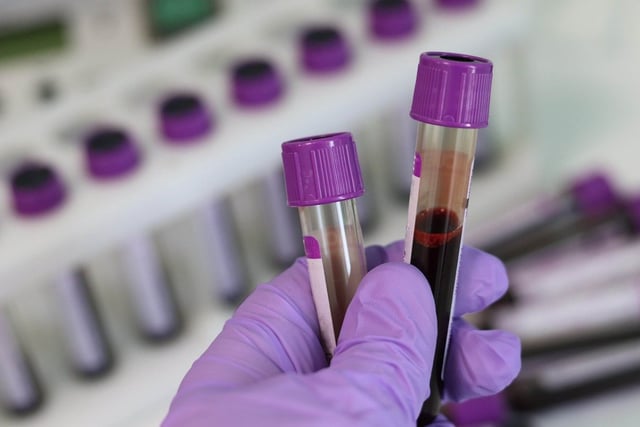Overview
- Researchers trained disease‑specific models on more than 1 million electronic health records to move beyond binary diagnoses toward spectrum‑based risk.
- The approach produced ML penetrance scores for 1,648 rare variants across 31 genes linked to 10 autosomal‑dominant conditions.
- Real‑world signals suggested some variants labeled uncertain are likely disease‑causing, while others presumed pathogenic showed limited impact.
- The score is intended to guide decisions such as earlier screening or de‑escalation of care in cases like Lynch syndrome, not to replace clinician judgment.
- The team plans to expand to more diseases, variant types, and diverse populations and to validate predictions longitudinally, with support from multiple NIH grants.

